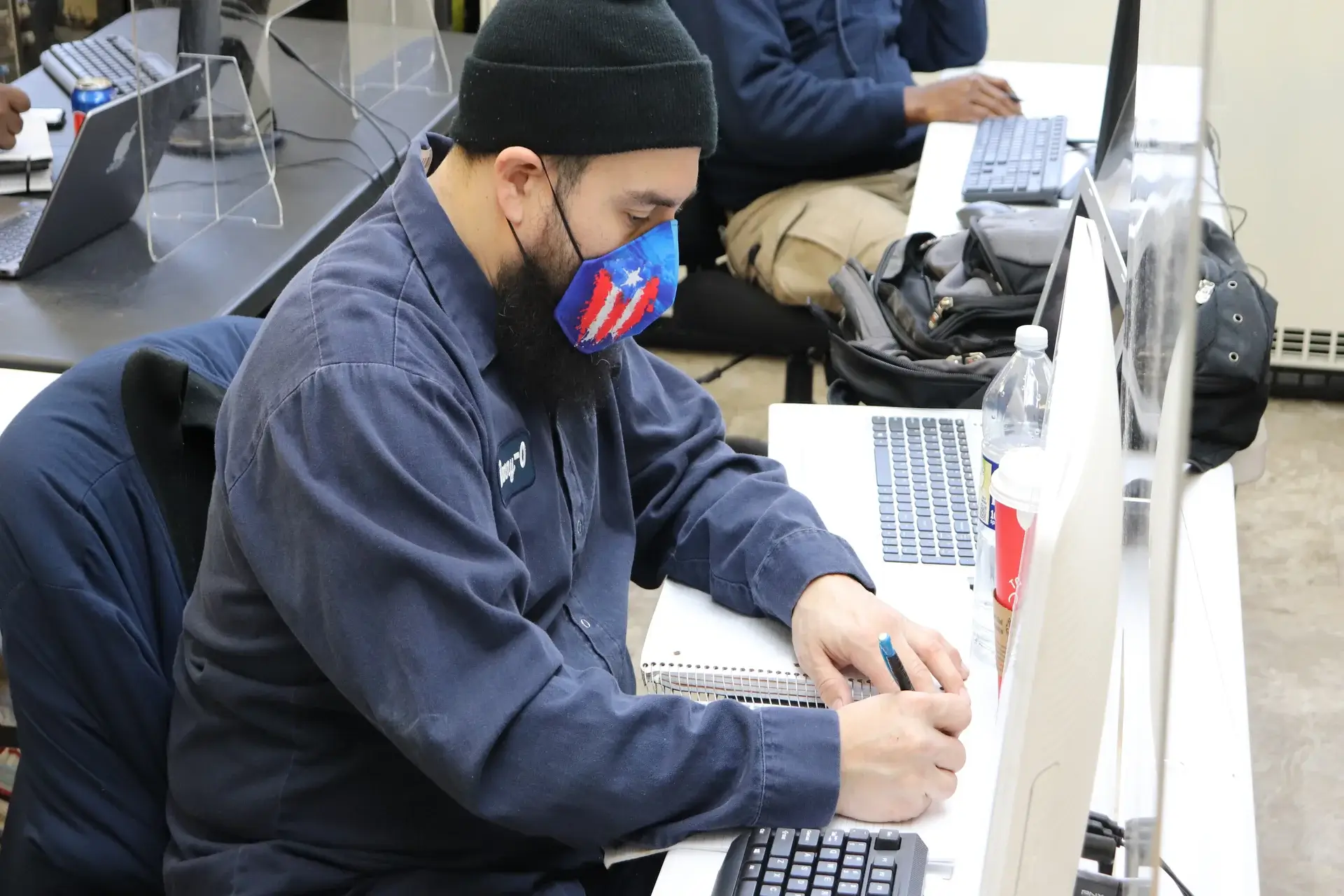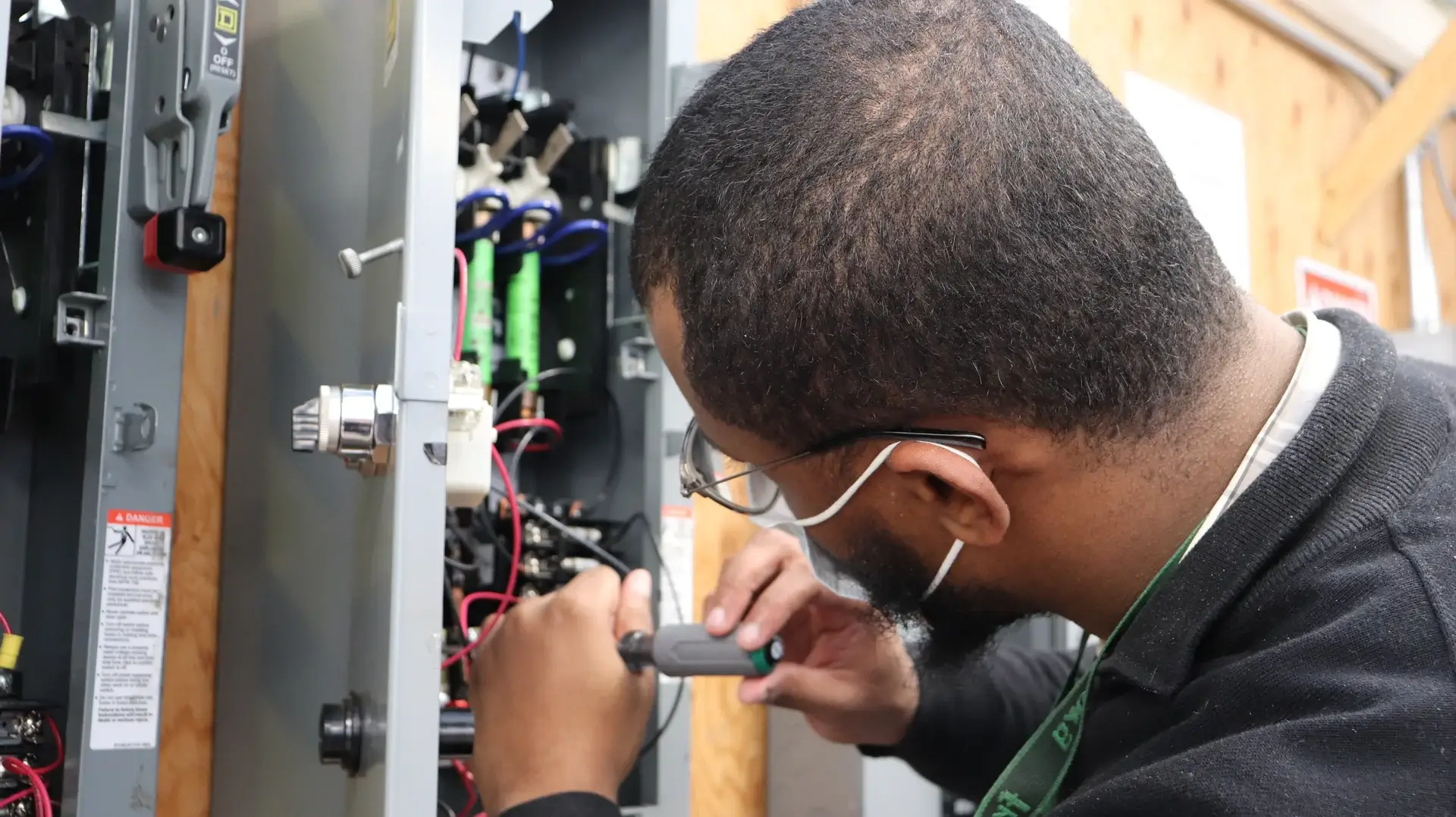An aviation electrician is vital in ensuring aircraft operations are working safely. And they make a good living doing so. Aviation Electrician training will help you make the most of a career in this field. This article will give a brief overview of the aviation electrician and the significance of aviation electrician training.
A career as an Aviation electrician is a splendid choice, as there is considerable growth in the field. But it’s essential to know that there are more choices than simply working as a residential or commercial electrician. You can grow as an electrician and specialise in various areas and types of work, including working with electronics on aircraft.
To become an electrician in the aircraft industry, you must work on aeroplanes rather than in installations. These electricians install, repair, maintain, test, and inspect electronic systems and electrical components in various aircraft. They function in instrumentation used in communication devices, aircraft, navigation systems, and radar equipment. Some routine daily duties include:

Any type of electrical job is typically physical and needs strength and stamina. On aircraft, many of the electrician apprenticeship jobs have to be done in tight spaces, which can be uncomfortable. There are many challenges associated with this work.
For example, it can be being injured by tools and gear, falling, or being shocked. Employers of aviation electricians include private aircraft companies, airlines, transportation companies, and aircraft manufacturers.
The Federal Aviation Administration (FAA) manages the licensing of aircraft technicians, including electricians. You can initiate your career in aviation electronics by following an FAA-approved program. Additionally, you will need some type of education and training to be able to qualify for the FAA tests, and you have options.
Most individuals in this field have at least a two-year associate’s degree in electrical technology. It is also essential to receive on-the-job training in an apprenticeship role, working with aircraft, to qualify and pass the FAA certification test at an electrician trade school.
Aircraft electricians utilise their licensed electrician requirements to troubleshoot and fix electrical systems on aeroplanes. They utilise their understanding of electrical systems to specify faulty fuses, wiring, and other electrical parts. They also use their electrical abilities to connect and disconnect electrical components and parts. An aircraft electrician’s job requires the following skills to be successful:
An electrician’s job requires a comprehensive understanding of electrical networks and their operation. They should be eligible to specify the different portions of an electrical system and comprehend how they relate to one another. This understanding can enable them to troubleshoot electrical problems and make repairs.
Aviation electricians often labour in teams, so communication abilities are essential to success in this career. They frequently work with other aviation mechanics to ensure the safety of the aircraft. They also communicate with other team partners to understand the passengers’ requirements.

Aviation electricians use their problem-solving abilities to troubleshoot electrical problems and discover solutions to complicated issues during electrician training. They utilise their problem-solving skills to specify the source of an electrical problem.
Infer the best explanation and enforce the solution to fix the issue through electrician trade schools. They also utilise their problem-solving abilities to troubleshoot and repair electrical systems in aircraft.
Aviation electricians need to pay close attention to detail, ensuring they attach wires properly and install elements in the exact location. They also utilise this skill to test their work for mistakes and make essential adjustments. This ability also enables them to identify potential dangers and take action to prevent accidents.
For all electricians, job growth is steady and positive. It symbolises that this is a great field to get into for a career. Growth in all types of aviation electrician salaries is projected to increase by 5%, indicating that newly qualified workers should be able to find positions easily.
The salaries for aviation electricians reflect the degree of specialised skills and knowledge they possess. As a result, they earn more on average than commercial electricians. The annual average wage for an aviation electrician in 2021 was $65,020. The top earners made more than $95,000 during the same year.
Aviation electricians advance to become lead electricians, managers, and supervisors. The electrician training and experience will help you become proficient as a flight instructor or aircraft maintenance instructor. Some electricians can even start their aviation businesses. Without wasting much time, consider this career trade today!
Read More: